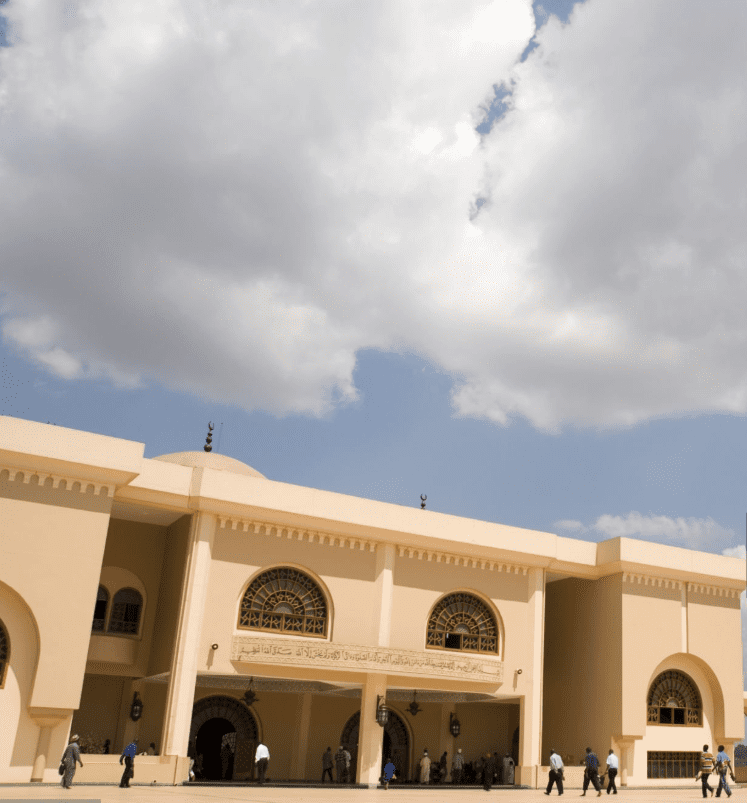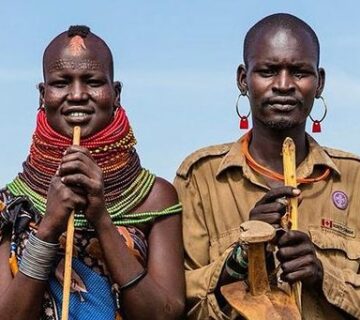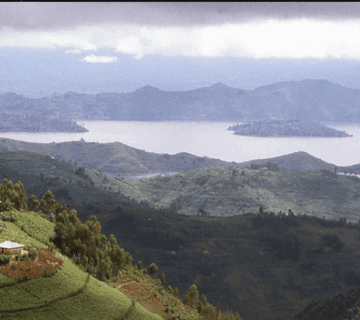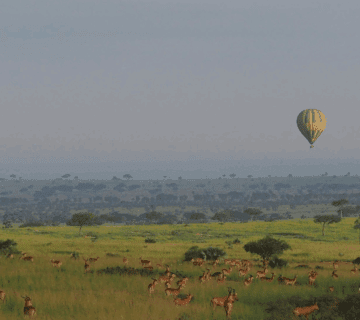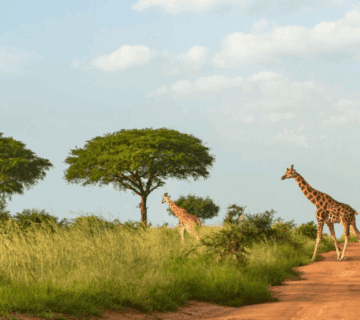How to Travel East Africa During Ramadan: A Spiritual and Cultural Adventure
To Travel East Africa during Ramadan offers a unique opportunity to immerse yourself in the region’s rich Islamic heritage, vibrant cultures, and breathtaking landscapes. From the bustling streets of Dar es Salaam to the serene beaches of Lamu, the holy month transforms the region into a haven of spirituality, community, and hospitality. Whether you’re a Muslim traveler observing the fast or a curious explorer eager to experience Ramadan traditions, this guide will inspire you to embark on an unforgettable journey through East Africa.
Why Travel East Africa During Ramadan?
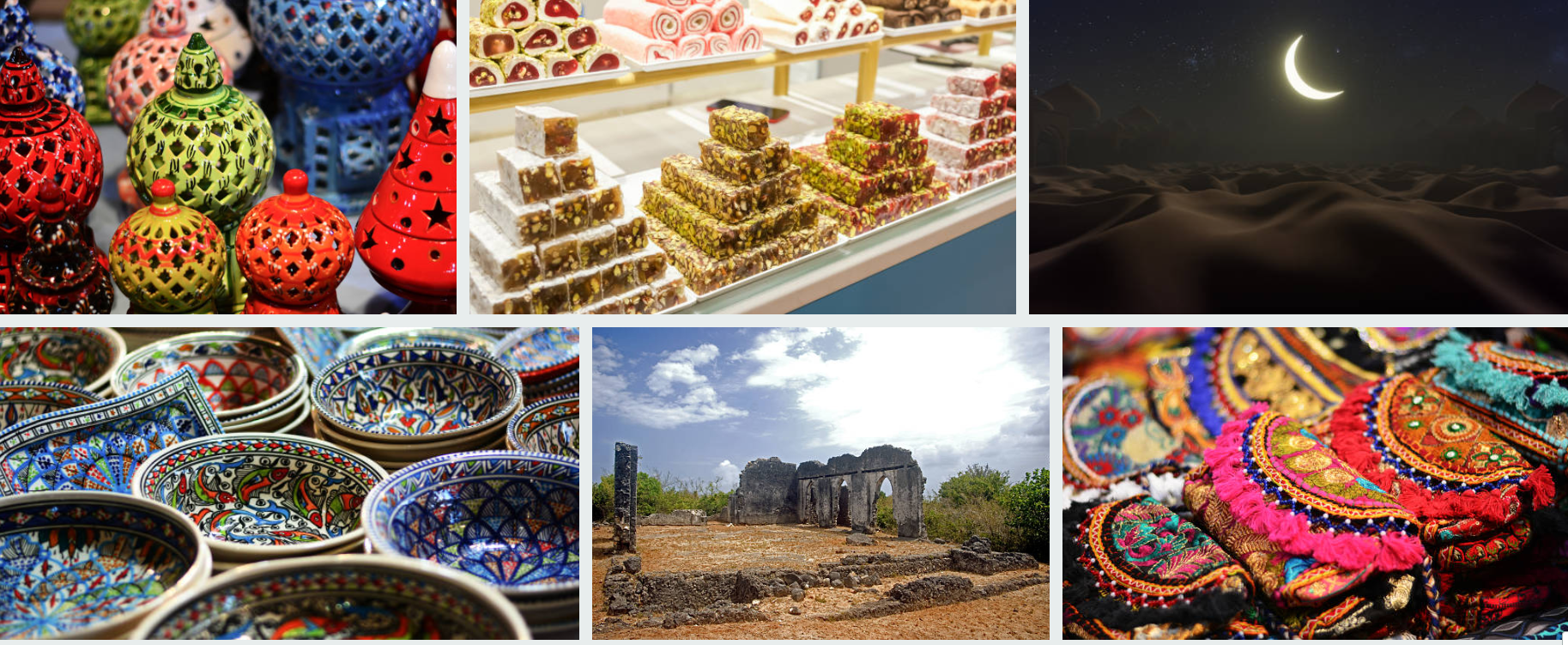
Ramadan is a time of reflection, devotion, and togetherness. In East Africa, where Islam has deep historical roots, the month is celebrated with unique customs, delicious cuisine, and warm communal spirit. Countries like Tanzania, Kenya, Uganda, and Somalia have significant Muslim populations, making them ideal destinations for a spiritually enriching travel experience.
Here’s why you should consider traveling East Africa during Ramadan:
Experience Unique Cultural Traditions – From Taraweeh prayers in Zanzibar’s ancient mosques to lively night markets in Mombasa, each country offers distinct Ramadan experiences.
Savor Special Ramadan Cuisine – East Africa’s diverse culinary scene shines during Iftar, with dishes like mandazi, sambusa, haleem, and dates served generously.
Enjoy a Slower, More Reflective Pace – With reduced daytime activity, Ramadan allows for deeper cultural immersion and meaningful interactions with locals.
Witness Stunning Landscapes with Fewer Crowds – Popular tourist spots are less crowded, making it an ideal time for safaris, beach retreats, and mountain hikes.
Best Destinations to Travel East Africa During Ramadan
1. Zanzibar, Tanzania – The Spiritual Heart of Swahili Islam
Zanzibar, with its historic Stone Town, is a must-visit during Ramadan. The call to prayer echoes through narrow alleys, and the scent of spices fills the air as locals prepare for Iftar.
Must-Do Activities:
Attend Taraweeh prayers at the Malindi Mosque, one of the oldest in East Africa.
Explore the Forodhani Night Market after sunset, where vendors serve Swahili delicacies.
Visit Jozani Forest or relax on Nungwi Beach during the day for a peaceful retreat.
2. Lamu, Kenya – A Serene Ramadan Escape
Lamu Island, a UNESCO World Heritage Site, offers a tranquil Ramadan experience. The Swahili culture here is deeply intertwined with Islamic traditions.
Must-Do Activities:
Join the Maulidi Festival (if visiting near Ramadan’s end), celebrating the Prophet’s birthday with poetry and music.
Take a dhow cruise at sunset, a magical way to break your fast.
Wander through Lamu’s ancient streets, adorned with Ramadan lanterns and decorations.
3. Mombasa, Kenya – A Vibrant Coastal Ramadan
Mombasa’s large Muslim community ensures a lively Ramadan atmosphere. The city’s mix of Swahili, Arab, and Indian influences creates a unique cultural blend.
Must-Do Activities:
Visit Fort Jesus and the Old Town for a glimpse into Mombasa’s Islamic history.
Enjoy Iftar at Bombay Street, famous for its samosas and biryani.
Relax at Diani Beach, where resorts offer special Ramadan-friendly dining options.
4. Mogadishu, Somalia – A Resilient Ramadan Experience
For adventurous travelers, Mogadishu offers a powerful Ramadan experience. Despite challenges, the city’s spirit remains unbroken, with mosques filled with worshippers and streets bustling at night.
Must-Do Activities:
Visit the Arba’a Rukun Mosque, one of the oldest in Somalia.
Experience Somali hospitality at Iftar gatherings with traditional dishes like canjeero and hilib ari.
Explore the Liido Beach for a peaceful evening stroll.
5. Kampala, Uganda – A Blend of Cultures
Uganda’s Muslim minority celebrates Ramadan with great enthusiasm, especially in Kampala’s Kibuli and Old Kampala neighborhoods.
Must-Do Activities:
Visit the Uganda National Mosque for breathtaking views and spiritual reflection.
Sample Ugandan Ramadan treats like kabalagala (banana pancakes) and mandazi.
Take a post-Iftar boat ride on Lake Victoria for a serene end to the day.
Tips for Traveling East Africa During Ramadan
1. Respect Local Customs
Dress modestly, especially near mosques and religious sites.
Avoid eating, drinking, or smoking in public during fasting hours out of respect for those fasting.
2. Plan Your Meals and Activities
Most restaurants close during the day but reopen at sunset. Stock up on snacks if needed.
Schedule sightseeing in the early morning or late afternoon to avoid peak heat.
3. Embrace the Nightlife
Cities come alive after Iftar, with markets, cafes, and social gatherings lasting late into the night.
Join community Iftars for an authentic cultural experience.
4. Stay Hydrated and Energized
If you’re fasting, East Africa’s tropical climate can be challenging. Drink plenty of water during Suhoor (pre-dawn meal).
Opt for light, nutritious meals to maintain energy levels.
5. Experience Eid al-Fitr Celebrations
If your trip extends to Eid, don’t miss the festivities! Expect feasts, family gatherings, and special prayers.
A Journey of Faith and Discovery
Traveling East Africa during Ramadan is more than a trip—it’s a spiritual and cultural awakening. Whether you’re breaking fast with locals in Zanzibar, listening to Quranic recitations in Lamu, or exploring Mogadishu’s resilient spirit, the experience will leave a lasting impact.
So pack your bags, open your heart, and embark on a Ramadan journey through East Africa. The region’s warmth, faith, and beauty await you.
Ready to Travel East Africa during Ramadan? Start planning your adventure today!

